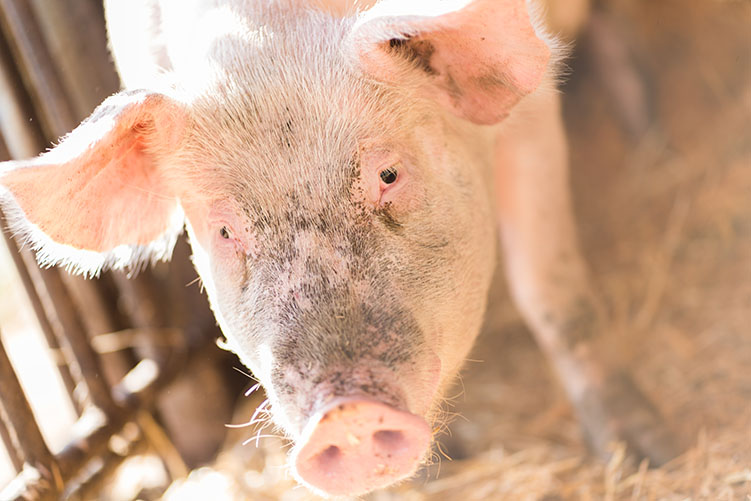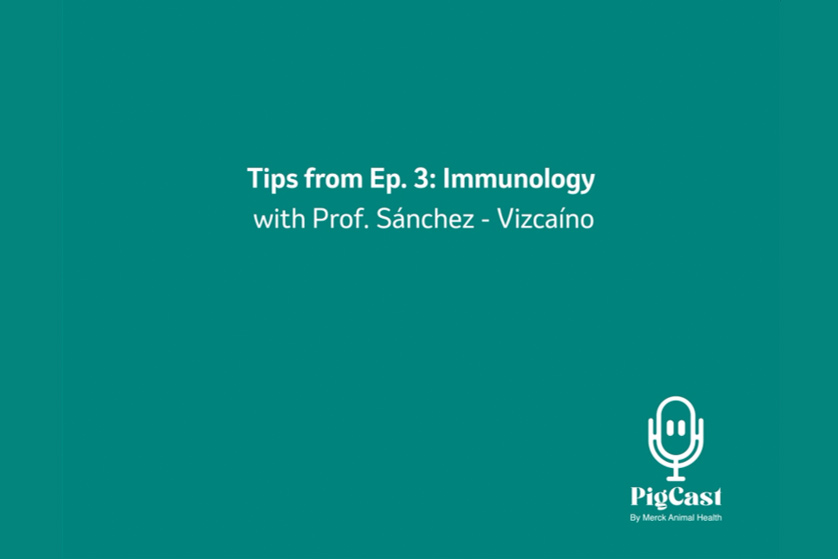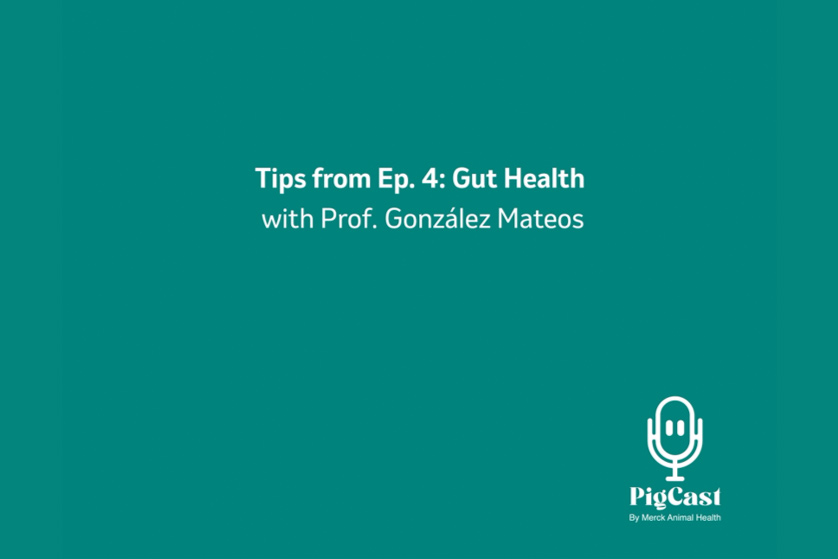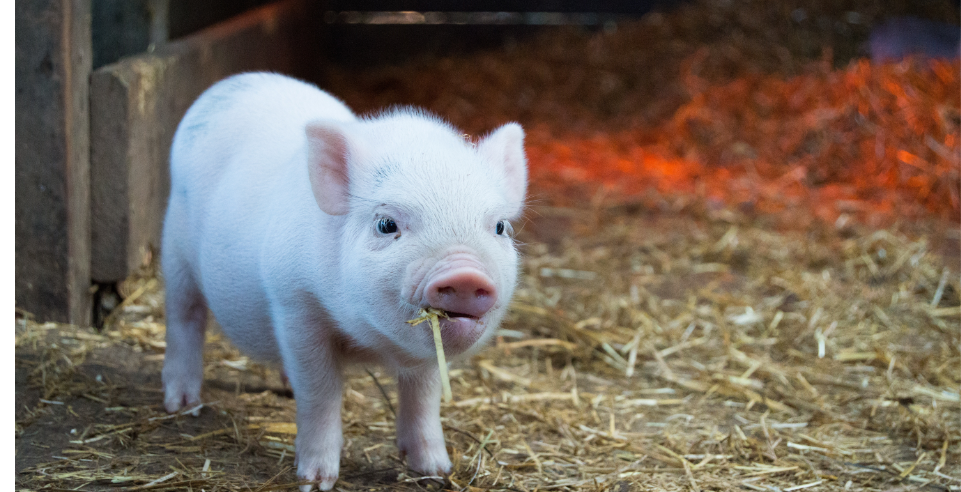
Insights
The future and antibiotics in the European pig sector: the case of ileitis
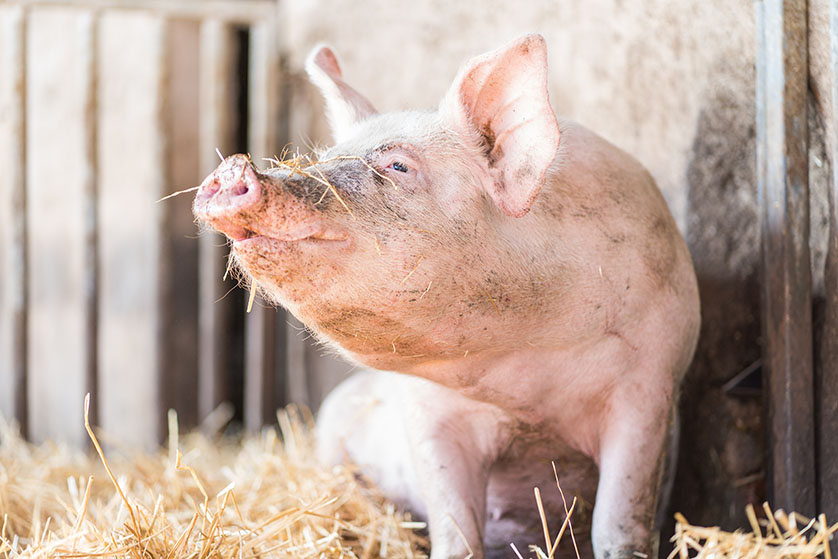
One of the main challenges faced by the pig sector is the decrease in the consumption of antibiotics by the animals.
We, as a society, demand that the animal products that we consume come from pigs that have enjoyed optimal conditions during all their life. Currently, the improvement in the quality of life of these animals implies the decrease in the use of antibiotics, especially to fight against the emergence of resistances, that is one of the main global public health problems. Some European countries, such as The Netherlands and Denmark, started programmes to reduce their use of antibiotics years ago. This trend has taken shape in the last law adopted by the EU regarding veterinary drugs (Regulation EU no. 2019/6 of the European Parliament and of the Council, of 11 December 2018), that will come into force in all the EU countries as of 28 January 2022.
All this movement has become reflected as an increase in the use of vaccines as an alternative to antibiotics in order to preserve the health of the animals, limiting the treatment with antibiotics to those cases in which prevention is not possible.
Vaccination can help to achieve what consumers demand, guaranteeing that the pigs remain healthy and that their production is still profitable. It is a sustainable solution for the prevention and control of intestinal diseases such as ileitis.
The goal against this disease is to develop immunity before the infection appears, especially when the usual biosecurity measures are not enough to control it, as the preventive use of antibiotics will not be allowed with the new regulation.
Ileitis. Vaccination vs. Antibiotics
Ileitis is an infectious intestinal disease caused by the intracellular bacterium Lawsonia intracellularis. It is one of the most frequent pig diseases globally, and it is present even on the highest health status farms, that are free of many other diseases.
It causes important economic losses due to the reduced weight gain, the worsening of the feed conversion ratio and the variable growth of the pigs.
The treatment against Lawsonia intracelllularis with antibiotics can affect the general intestinal disease negatively. Nevertheless, the vaccination against ileitis allows to reduce, in many cases, the global use of antibiotics, whilst it preserves or even improves the production indices and the pigs’ health.
Survey conducted on pig sector professionals
To know the opinion of European farmers and veterinarians regarding ileitis, vaccination and the drop in the consumption of antibiotics, we have carried out a survey whose results can be seen in the next computer graphics.
522 European pig sector workers (347 veterinarians and 175 farmers) answered our questions. We summarise the most interesting conclusions for you:
- When they need information, 80% of them resort to their colleagues, 55.87% to handbooks and specialised magazines/journals, and 48.86% check pig sector webpages.
- 48% of them are interested in obtaining information on the prevention of diseases, and for 44% of them think that the information regarding their economic impact is more important.
- 74.84% of the survey respondents think that antibiotic consumption is going to drop, and only 7% think that it is going to grow.
- The causes that make them believe in the downward antibiotic use trend have to do with animal welfare, food safety, legal restrictions (as the one in force in the Europe) and the meat consumption trends in the market.
- 90% of them think that that the drop in the use of antibiotics is going to change the pig production model and will increase production costs. They are worried by the economic impact.
- The survey respondents think that the drop in the use of antibiotics will have a homogeneous impact on the rest of the diseases, such as ileitis, meningitis… (both in the health and economic aspects).
- With respect to ileitis, 45% of the survey respondents think that the prevalence of this disease on the farms in their country exceeds 90%.
- Despite the European regulation on veterinary drugs, more than 35% of the survey respondents treat ileitis with antibiotics combined with other biosecurity measures. Only 19% use vaccination to prevent the disease.
- 45% of the survey respondents are not completely satisfied with the results obtained when using these treatments.
- It is interesting to highlight that 72% of them would be willing to vaccinate against ileitis.
